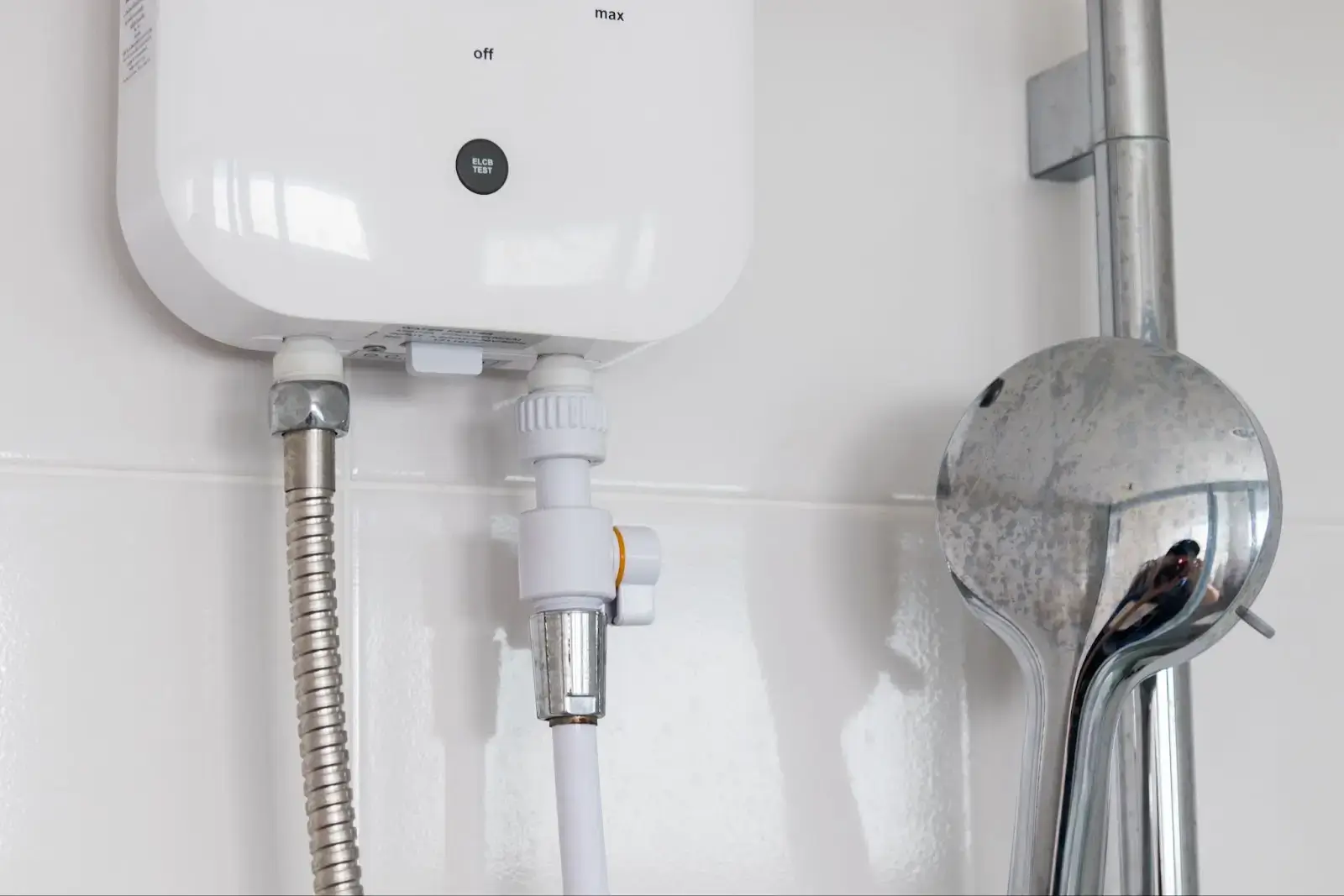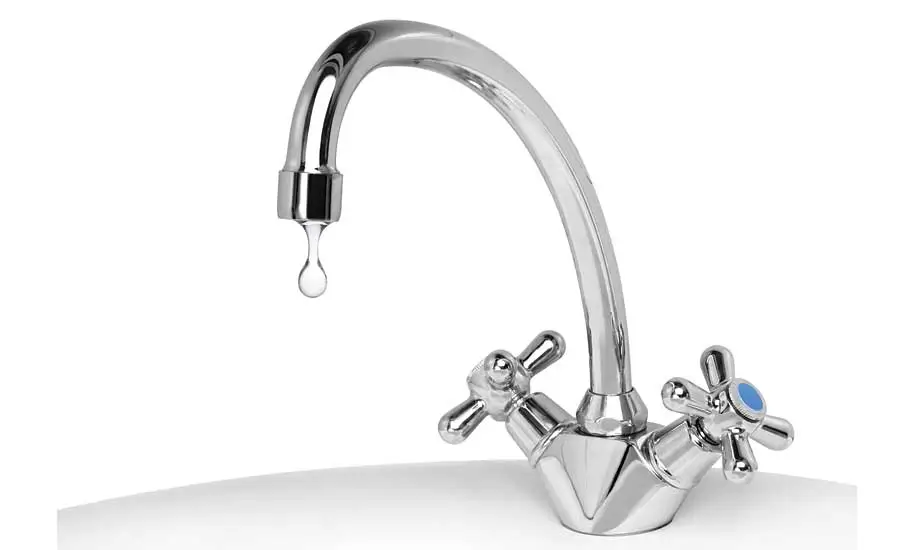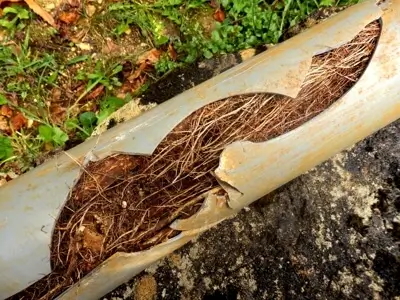Imagine this:
You're sitting at home on a sweltering summer day when a sudden power outage leaves you without electricity.
When the power finally comes back on, you're relieved – but your air conditioning (AC) system won't start up.
As the temperature inside your home continues to climb, you're left wondering why your AC system isn't working and what you can do to fix it.
In this article, we'll explore why AC systems sometimes stop working after power outages, potential reasons for system failures, and steps you can take to get your AC up and running again.
Here at Sunset Heating, we prioritize the comfort and ease of our customers. If you’re experiencing anything unusual with your AC system, don’t hesitate to call (503) 500-5866 for professional assistance!
Understanding the Relationship Between Power Outages and AC Systems
To better understand the relationship between power outages and AC systems, let's take a closer look at the components involved and how they interact with each other.
An air conditioning system is composed of several key components, including the compressor, condenser, evaporator, and air handler.
These components work together in a continuous cycle to remove heat from your home and maintain a comfortable indoor temperature.
Here's a brief overview of how the process works:
- Compressor: The compressor is the heart of your AC system. It pressurizes refrigerant gas, raising its temperature and enabling it to absorb heat from your home. The compressor requires a steady supply of electricity to function, which is interrupted during a power outage.
- Condenser: The condenser is located in the outdoor unit of your AC system. It releases the absorbed heat from the refrigerant into the outside air, allowing the refrigerant to cool and change from a gas back into a liquid state.
- Evaporator: Inside your home, the evaporator coil absorbs heat from the indoor air as the cooled refrigerant flows through it. As the refrigerant absorbs heat, it evaporates and becomes a low-pressure gas, which is then sent back to the compressor to restart the cycle.
- Air Handler: The air handler is responsible for circulating cooled air throughout your home. It houses the blower motor, which pushes the cooled air through your ductwork and into your living spaces.
During a power outage, the flow of electricity to your AC system is interrupted, causing the compressor and other components to shut down.
When power is restored, the system should automatically restart – but as you may have seen, that's not always the case.
Reasons Why AC Systems Stop Working After a Power Outage
Issues such as blown fuses, tripped breakers, or damage to the compressor, blower motor, or variable speed motor, can prevent your AC system from working again.
Here's a more detailed look at these potential causes:
Reason 1: Blown fuses or tripped breakers.
During a power outage, electrical surges can occur as the power grid stabilizes.
These surges can cause fuses to blow or circuit breakers to trip, preventing your AC system from receiving power.
Reason 2: Total compressor failure.
The compressor is a vital component of your AC system, responsible for pressurizing the refrigerant gas.
Power outages and subsequent voltage fluctuations can stress the compressor, causing it to overheat or suffer from electrical damage.
In extreme cases, these stresses can lead to total compressor failure, requiring a replacement to restore your AC system's functionality.
Reason 3: Blower motor failure.
The blower motor circulates the cooled air throughout your home.
During a power outage, voltage fluctuations and power surges can cause damage to the blower motor's electrical components or its capacitor.
The AC capacitor is responsible for providing the initial burst of energy needed for the motor to start.
A damaged blower motor or capacitor can prevent your AC system from working properly.
Reason 4: Variable speed motor failure.
Many modern AC systems use variable speed motors, which adjust their speed to maintain a consistent temperature more efficiently.
These motors can be sensitive to power fluctuations.
As such, voltage irregularities during a power outage can damage the motor's control board, potentially leading to failure.
Reason 5: Control board or thermostat issues.
Power outages can affect the control board of your AC system, which manages its various functions. A damaged control board may prevent your system from starting up or operating correctly.
Similarly, thermostat issues can arise after a power outage, preventing proper communication between the thermostat and the AC system.
Troubleshooting Steps for Homeowners
If your AC system isn't working after a power outage, try the following troubleshooting steps before calling a professional HVAC technician:
Step 1: Wait for the built-in delay.
Some AC systems have a built-in delay to protect the compressor from short cycling. Wait for at least 5 to 10 minutes after power is restored to see if your AC system restarts on its own.
Step 2: Check circuit breakers and fuses.
Inspect your home's electrical panel for any tripped breakers or blown fuses. Reset any tripped breakers by flipping them from “off” to “on”. If necessary, replace any blown fuses with new ones of the same rating.
Step 3: Inspect the outdoor AC unit.
Examine your outdoor AC unit for visible signs of damage, such as melted wires, a damaged capacitor, or debris obstructing the fan. Clear away any debris and address any visible issues if you feel comfortable doing so.
Step 4: Verify thermostat settings.
Make sure your thermostat is set to "cool" mode and that the temperature setting is lower than the current room temperature. Additionally, check for any loose wires or a dead thermostat battery, and replace the battery if needed.
Step 5: Reset your AC system and thermostat.
Turn off your AC system at the thermostat, switch off the breaker for the AC system in your home's electrical panel, and wait for 30 minutes. Then, switch the breaker back on and turn your AC system back on at the thermostat.
Step 6: Listen for unusual noises.
Unusual noises, such as grinding or screeching sounds, may indicate a problem with your AC system's motor or other components. If you hear any strange sounds, turn off your system and contact a professional.
If you've tried these troubleshooting steps and your AC system still isn't working, it's time to call a professional HVAC technician. You can trust Sunset Heating for your air conditioning repair needs.
Call us at (503) 500-5866 for expert assistance, today!
How to Properly Reset Your AC System and Thermostat
If your AC system isn't working after a power outage, resetting the system and thermostat might help. Here's a step-by-step guide on how to properly reset your AC system and thermostat:
Step 1: Turn off your AC system at the thermostat.
Set your thermostat to the "off" position to ensure your AC system isn't trying to run while you're resetting it.
Step 2: Switch off the AC system's breaker.
Locate the circuit breaker for your AC system in your home's electrical panel. It should be labeled with a description or the word "AC." Turn the breaker off by flipping the switch to the "off" position.
Step 3: Wait for 30 minutes.
Allow your AC system to remain off for 30 minutes. This gives the system time to reset itself and can help protect the compressor from short cycling.
Step 4: Switch the breaker back on.
After waiting for 30 minutes, go back to your home's electrical panel and flip the AC system's breaker back to the "on" position.
Step 5: Turn on your AC system at the thermostat.
Go to your thermostat and set it to "cool" mode. Adjust the temperature setting to be lower than the current room temperature. This will prompt the AC system to turn on and begin cooling your home.
Importance of Professional AC Repair Services
While it's always helpful to know some basic troubleshooting steps for your AC system, it's equally important to recognize the value of professional AC repair services. Tackling complex issues on your own can lead to further damage, and in some cases, void the warranty on your AC system.
Professional HVAC technicians have years of training and experience working with various AC systems, giving them the knowledge and skills required to diagnose and repair even the most complex issues. They can quickly identify the root cause of a problem and recommend the most effective solution, saving you time and frustration.
AC systems involve electrical components and refrigerants, which can be dangerous if not handled properly. Professionals are trained to safely work with these elements, reducing the risk of injury or further damage to your AC system.
Many AC systems come with warranties that require you to use professional repair services for any issues. Attempting DIY repairs on your system may void the warranty, leaving you to cover the cost of any future repairs or replacements.
HVAC technicians have access to specialized tools and equipment needed to diagnose and repair AC system issues efficiently. Trying to fix a problem without the right tools can be challenging and may even cause additional damage.
Don't Let a Power Outage Leave You in the Heat
If your AC isn't working after a power outage, contact Sunset Heating for prompt and reliable air conditioning repair services in Portland. Our team of experts is ready to help you stay cool and comfortable, even when the power goes out. Call us now at (503) 500-5866 to schedule a service appointment.







